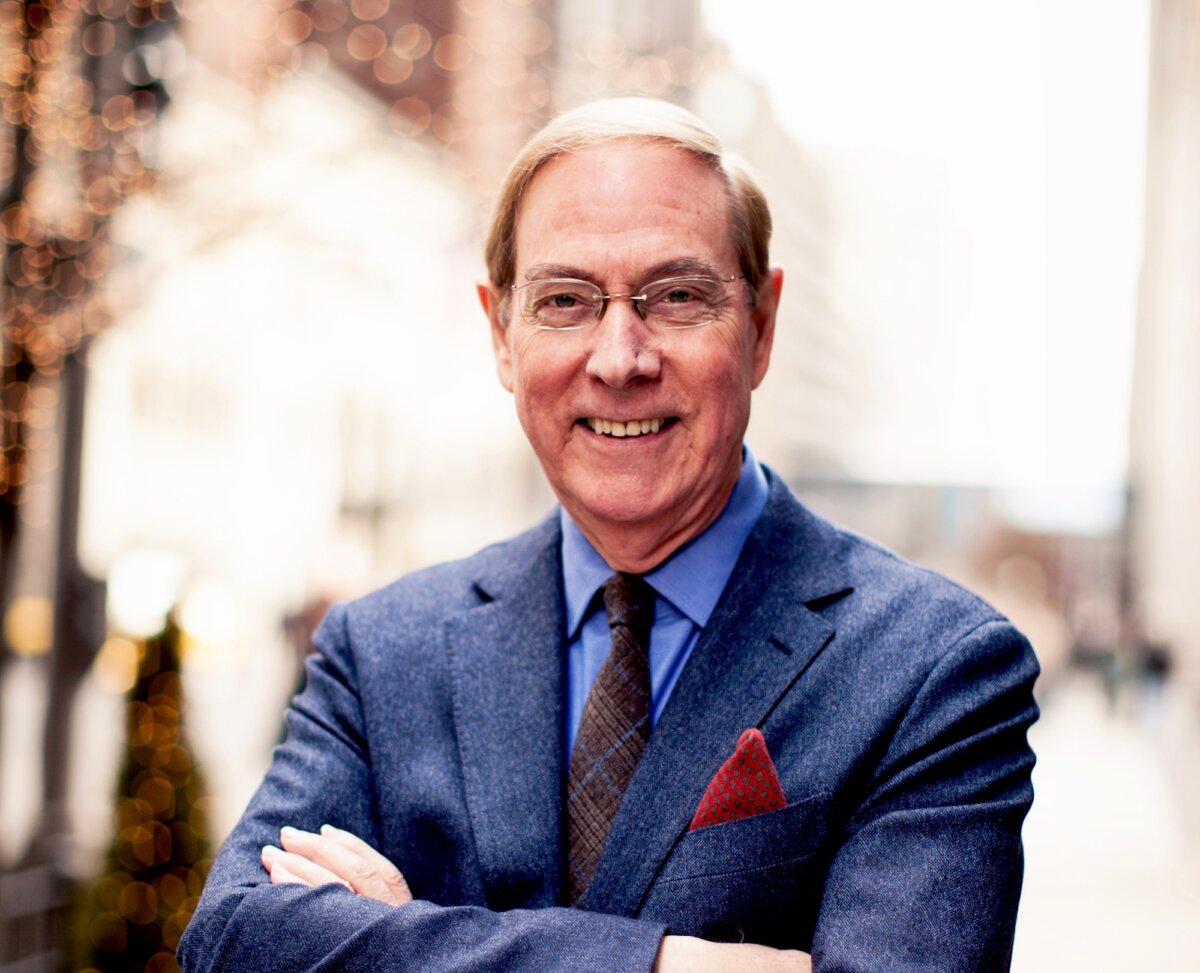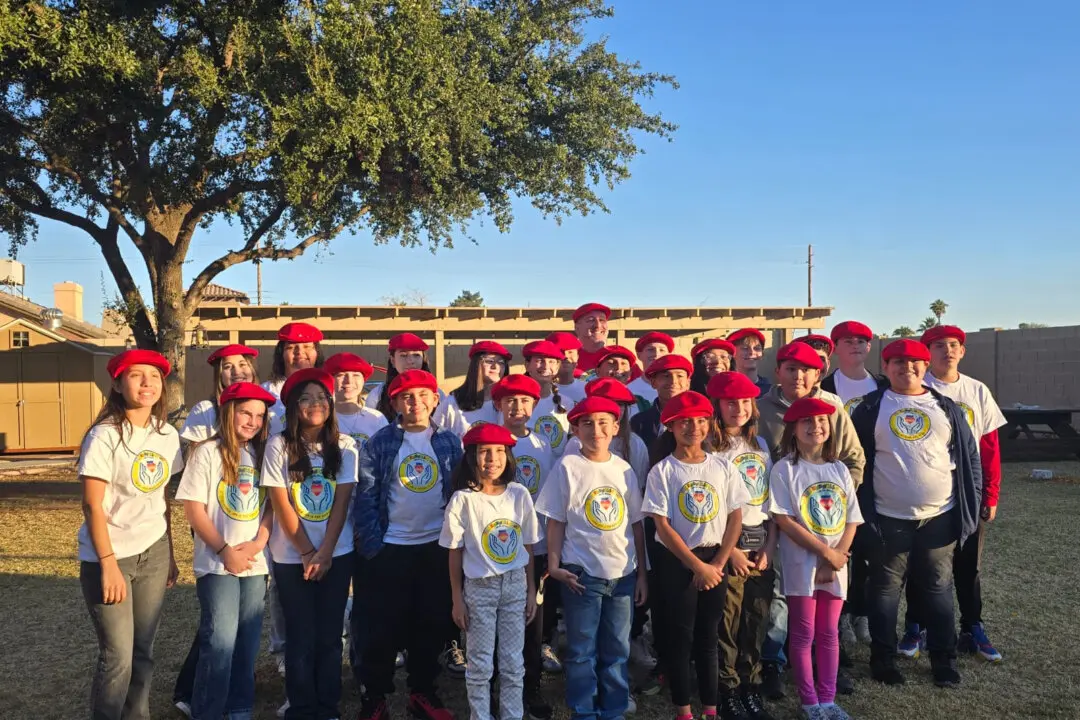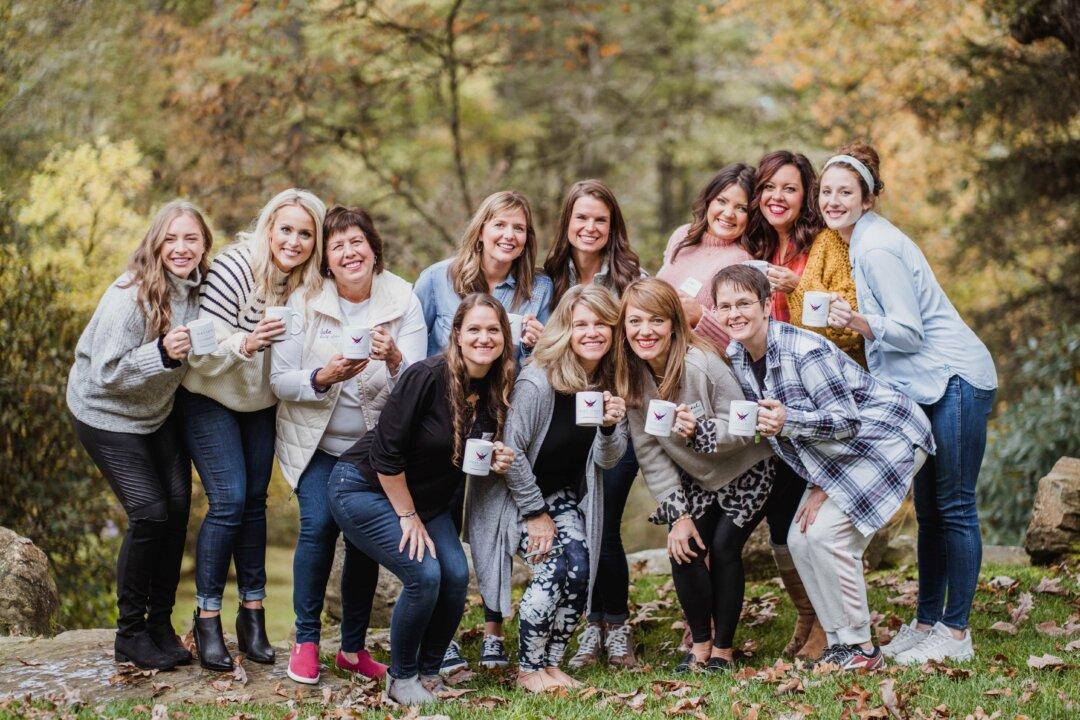Gary Chapman, marriage counselor, associate pastor, and author of the best-selling book “The 5 Love Languages,” loves to hear stories of people finding their other half in their later years. In Mr. Chapman’s experience, the euphoria of falling in love can happen at any stage of adult life, and some of the most touching stories he’s heard are of older couples finding love. “How it happens, where it happens, is different for each couple,” Mr. Chapman said, “but I do know that they all have the same basic excited feelings of falling in love that happen to people in their 20s.”

Courtesy of Gary Chapman





